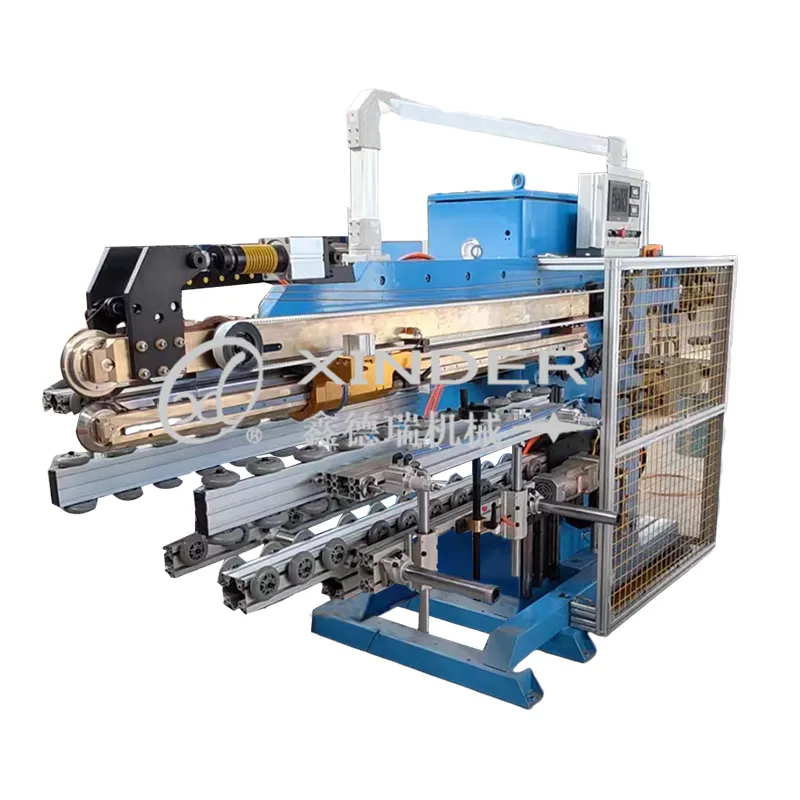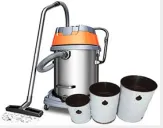-
 8613931787312
8613931787312 -
 Botou Industrial Zone on the east side of National Highway 104, Botou City, Hebei Province
Botou Industrial Zone on the east side of National Highway 104, Botou City, Hebei Province
- Afrikaans
- Albanian
- Amharic
- Arabic
- Armenian
- Azerbaijani
- Basque
- Belarusian
- Bengali
- Bosnian
- Bulgarian
- Catalan
- Cebuano
- Corsican
- Croatian
- Czech
- Danish
- Dutch
- English
- Esperanto
- Estonian
- Finnish
- French
- Frisian
- Galician
- Georgian
- German
- Greek
- Gujarati
- haitian_creole
- hausa
- hawaiian
- Hebrew
- Hindi
- Miao
- Hungarian
- Icelandic
- igbo
- Indonesian
- irish
- Italian
- Japanese
- Javanese
- Kannada
- kazakh
- Khmer
- Rwandese
- Korean
- Kurdish
- Kyrgyz
- Lao
- Latin
- Latvian
- Lithuanian
- Luxembourgish
- Macedonian
- Malgashi
- Malay
- Malayalam
- Maltese
- Maori
- Marathi
- Mongolian
- Myanmar
- Nepali
- Norwegian
- Norwegian
- Occitan
- Pashto
- Persian
- Polish
- Portuguese
- Punjabi
- Romanian
- Russian
- Samoan
- scottish-gaelic
- Serbian
- Sesotho
- Shona
- Sindhi
- Sinhala
- Slovak
- Slovenian
- Somali
- Spanish
- Sundanese
- Swahili
- Swedish
- Tagalog
- Tajik
- Tamil
- Tatar
- Telugu
- Thai
- Turkish
- Turkmen
- Ukrainian
- Urdu
- Uighur
- Uzbek
- Vietnamese
- Welsh
- Bantu
- Yiddish
- Yoruba
- Zulu
ജനു . 16, 2025 02:12
Back to list
professional laser welding machine
Laser welding machines have revolutionized the metal fabrication industry by delivering precision, speed, and efficiency. As a seasoned expert in the field, I have witnessed firsthand how leveraging the right laser welding machine can elevate production capabilities and ensure superior quality. The market offers a plethora of options, but understanding the nuances of these machines and their application in metalworking is crucial for making an informed decision.
Authoritativeness in the realm of laser welding comes from collaborating with industry-leading manufacturers and keeping abreast of cutting-edge technology advancements. Trusted manufacturers offer comprehensive training and support, which is pivotal for ensuring that operators are not only knowledgeable but also proficient in handling complex welding operations. Partnering with such manufacturers can significantly impact the reliability and accuracy of welding outcomes. Trustworthiness in laser welding machine selection is not just about the technology itself but also about the support network surrounding it. Reliable suppliers provide warranties, readily available replacement parts, and technical assistance. Such support is invaluable for maintaining operational efficiency and minimizing downtime, particularly in high-stakes industries where delays can lead to substantial financial losses. In conclusion, investing in a laser welding machine for metal is a strategic decision that can enhance the precision, efficiency, and scalability of production processes. It requires a thorough understanding of the machine’s capabilities, the materials involved, and the specific requirements of the application. With the right expertise and support, businesses can leverage laser welding technology to maintain a competitive edge and meet the demanding standards of modern manufacturing.


Authoritativeness in the realm of laser welding comes from collaborating with industry-leading manufacturers and keeping abreast of cutting-edge technology advancements. Trusted manufacturers offer comprehensive training and support, which is pivotal for ensuring that operators are not only knowledgeable but also proficient in handling complex welding operations. Partnering with such manufacturers can significantly impact the reliability and accuracy of welding outcomes. Trustworthiness in laser welding machine selection is not just about the technology itself but also about the support network surrounding it. Reliable suppliers provide warranties, readily available replacement parts, and technical assistance. Such support is invaluable for maintaining operational efficiency and minimizing downtime, particularly in high-stakes industries where delays can lead to substantial financial losses. In conclusion, investing in a laser welding machine for metal is a strategic decision that can enhance the precision, efficiency, and scalability of production processes. It requires a thorough understanding of the machine’s capabilities, the materials involved, and the specific requirements of the application. With the right expertise and support, businesses can leverage laser welding technology to maintain a competitive edge and meet the demanding standards of modern manufacturing.
Latest News
-
The Rise of Laser Welding in Global Manufacturing: Spotlight on China’s Competitive EdgeNewsJun.05,2025
-
The Power of Precision: Exploring the Role of Automatic Seam Welding Machines in Modern ManufacturingNewsJun.05,2025
-
The Essential Guide to Can Welding Machines: Revolutionizing the Packaging IndustryNewsJun.05,2025
-
Resistance Welding Equipment: A Smart Investment for Industrial ManufacturingNewsJun.05,2025
-
Precision Welding for Modern Manufacturing: The Rise of Automatic Seam Welding MachinesNewsJun.05,2025
-
Laser Welding for Stainless Steel: The Precision Edge in Modern Metal FabricationNewsJun.05,2025
-
The Modern Evolution of Barrel Production: Technology, Machines, and Market PricingNewsMay.22,2025
related products
-
 Pneumatic Handle Welding MachineSep . 13, 2024
Pneumatic Handle Welding MachineSep . 13, 2024 -
 Fully Automatic Kaiping Production LineOct . 17, 2024
Fully Automatic Kaiping Production LineOct . 17, 2024 -
 Fully Automatic Metal Bucket Lifting HeadphonesSep . 14, 2024
Fully Automatic Metal Bucket Lifting HeadphonesSep . 14, 2024

